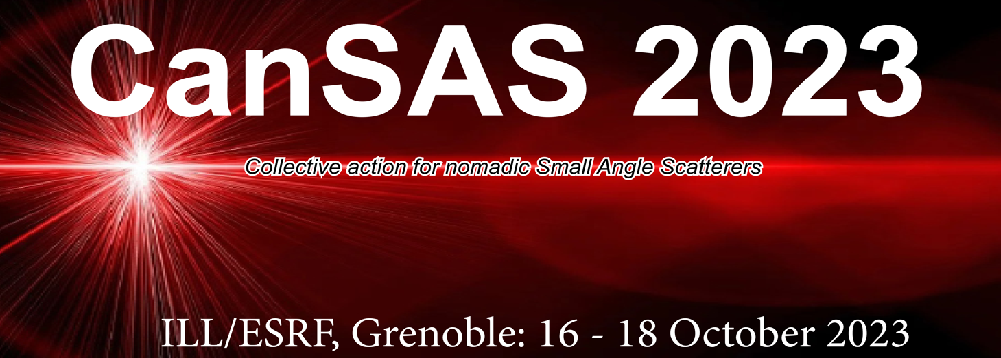Speaker
Description
Small-angle X-ray scattering (SAXS) is a powerful characterization technique for nanoscale structures in materials. The analysis of SAXS is a modeling-heavy process to find a plausible structure model that corresponds to the measured scattering intensity due to the inherent “phase problem” of the X-ray detection. Despite various scientific computing tools to assist the model selection, the search for plausible structure models and the computational workload of parameter estimation are
bottlenecks in this process. To cope with the decision-making problem, we develop and evaluate the open-source, Machine Learning-based tool SCAN (SCattering Ai aNalysis) to provide recommendations on model selection. SCAN exploits multiple machine learning algorithms and uses models implemented in the SasView package for generating a well-defined set of datasets. Our evaluation shows that SCAN delivers an overall accuracy of 95%-97% by using XGBoost Classifier with a good balance between accuracy and training time. The method has also been attempted to extend into selected 3D voxel structures. Furthermore, we develop a Machine learning analysis framework for SAXS data of disordered materials. By using Gaussian Random Fields (GRFs), we developed the structure generation and SAXS simulation methods for two phases and three phases porous system based on fast GPU-accelerated, Fourier transform-based numerical methods. We demonstrate that length scales and volume fractions can be predicted with good accuracy using our machine learning-based framework. The parameter prediction executes virtually instantaneously and hence the computational burden of conventional model fitting can be avoided.

